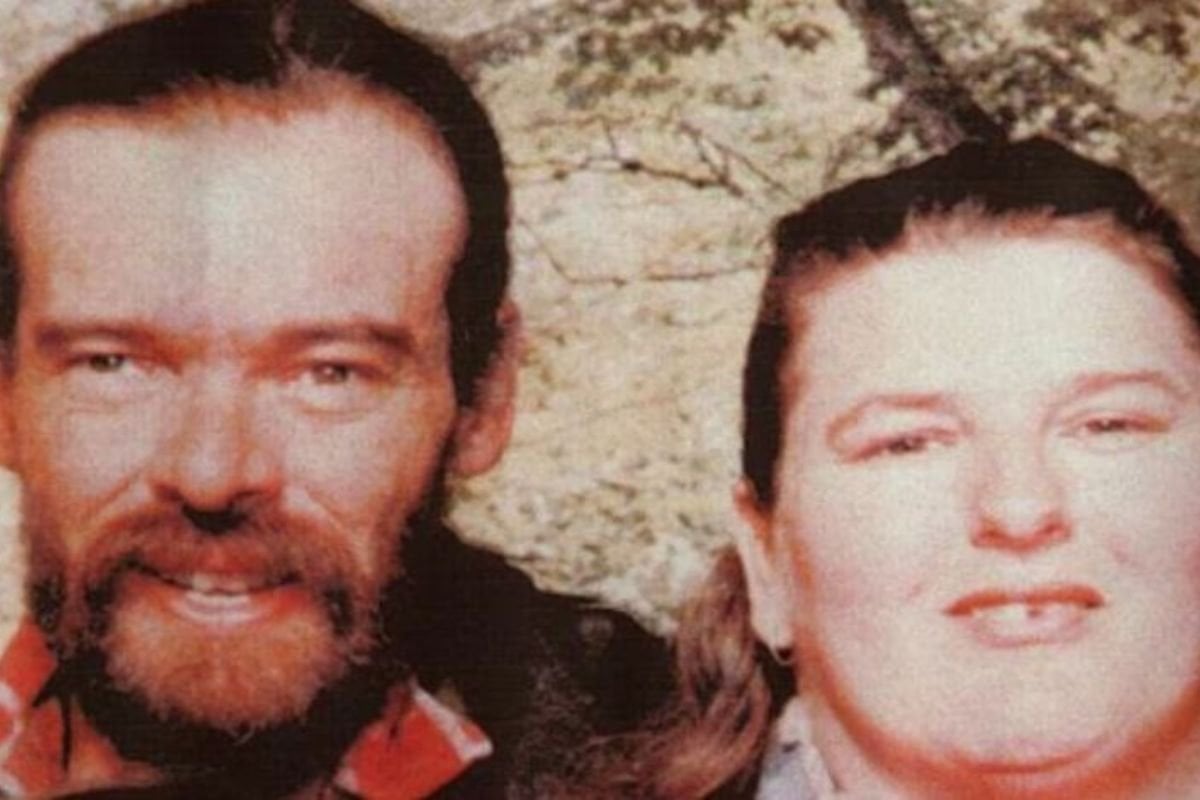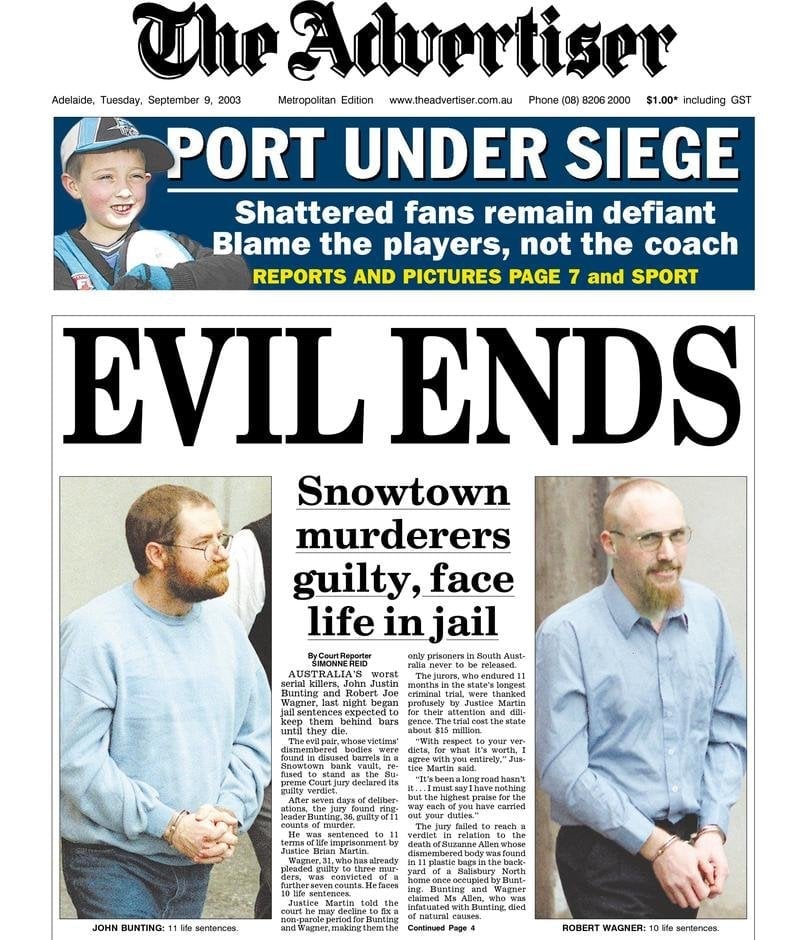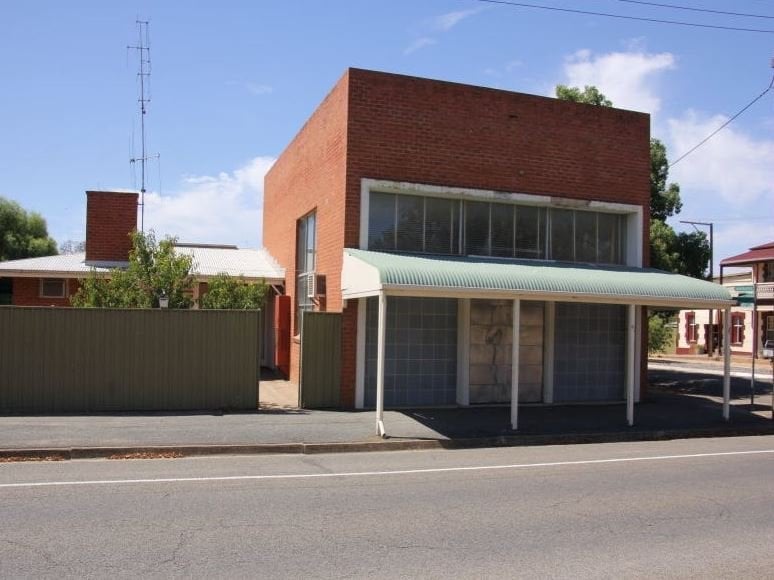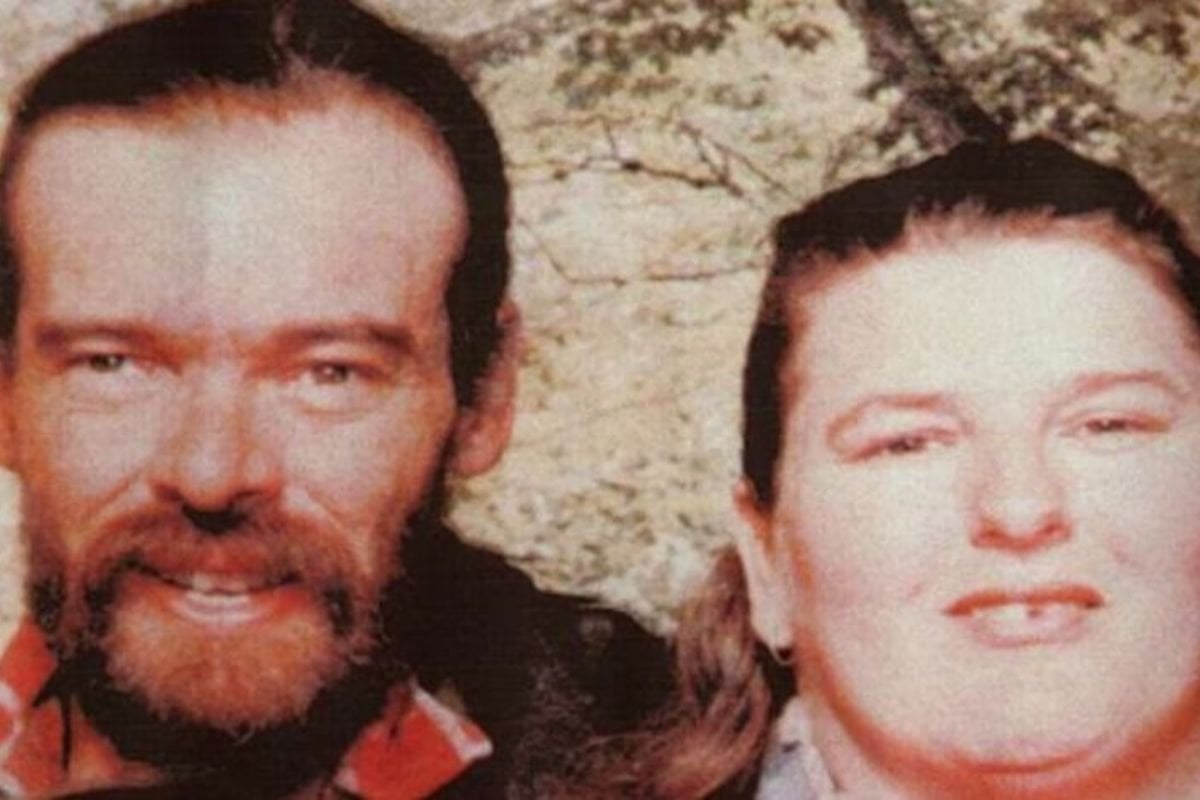
If you want to support independent women's media, become a Mamamia subscriber. Get an all-access pass to everything we make, including exclusive podcasts, articles, videos and our exercise app, MOVE.
When police entered a disused bank vault in the tiny South Australian town of Snowtown in May 1999, they had no idea they were about to uncover the country's worst serial killings.
The smell of rotting meat from inside the vault was so pungent they needed breathing gear.
Eight bodies were found mutilated inside six acid-filled barrels, with investigations leading them to four more bodies in Adelaide.
With a total of 12 victims and four people charged, detectives had taken down a group of serial killers.
Last year, one of those killers was released into the community. And now another will soon find out if he will be released on parole.
And as Jeremy Pudney, author of Snowtown: The Bodies in Barrels Murders told Mamamia's True Crime Conversations, South Australians feel "very uncomfortable".
Because for them, the murders "feel like yesterday".
WATCH: The trailer for the 2011 film based on the true story.
































































































